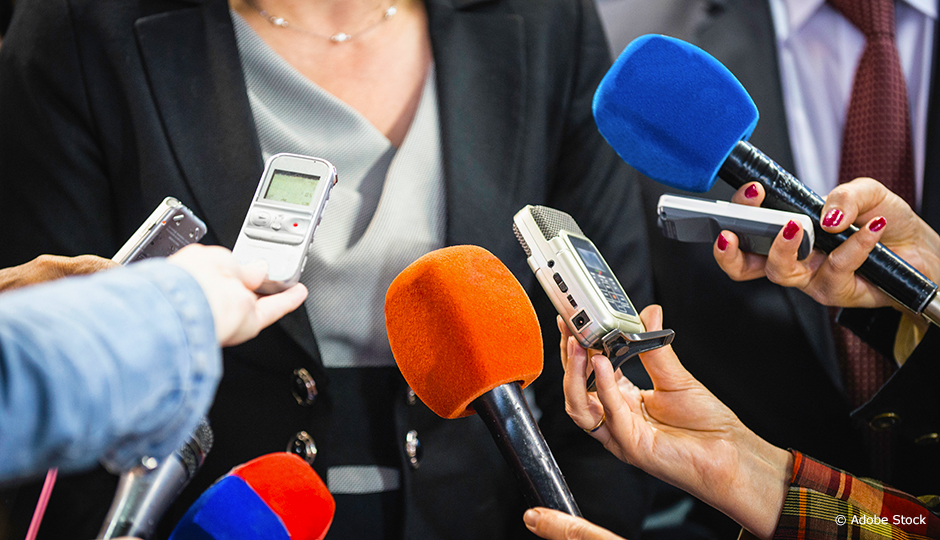The work of journalists and PR professionals is closely linked, and yet, journalism textbooks pay very little attention to the interaction between these two professions that shape the information broadcast by the media.
There is a power play between the two professions that can be seen in the preparation of media reports.
Chantal Francœur, a journalism professor at Université du Québec à Montréal, conducted a qualitative study to find out how members of the two professions perceive each other. From 2014 to 2017, she conducted semi-structured interviews with 31 PR professionals and 22 experienced journalists.
All of the journalists interviewed considered public relations to be a form of propaganda. At the same time, they conceded that PR officers can sometimes be useful to them. For their part, the PR professionals maintained that they contribute to the transparency of their organization, provide verified information and treat journalists without favouritism.
The comments of the interviewees highlighted a power play between the two professions that can be seen in the preparation of media reports. What is “true”? What should or should not appear in a report? What needs to be put in context? Of course, journalists hold the editorial power. However, their editorial choices are limited by public relations, because they are often forced to draw on the information provided by PR officers. This filter also applies to exchanges with spokespersons, who are closely supervised by PR staff, even during interviews.
The researcher and her team have already shared some of these findings with a hundred-odd journalists during a newsroom tour in the spring of 2017. This research could eventually lead to changes in journalism education to include greater coverage of the relationship between journalists and the public relations industry.




